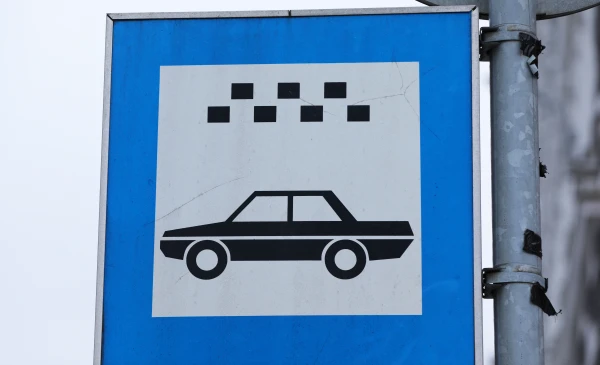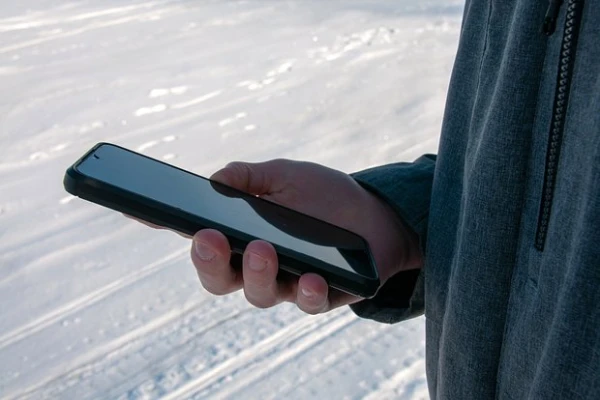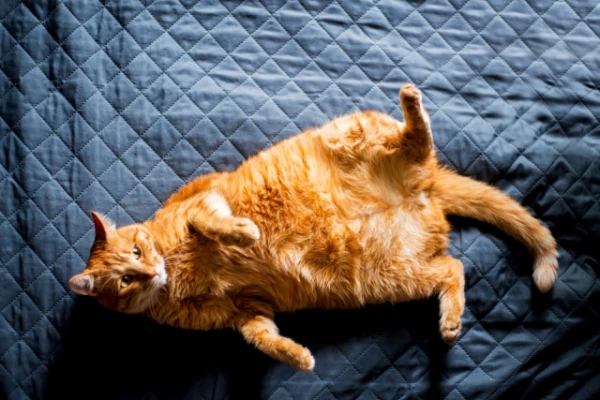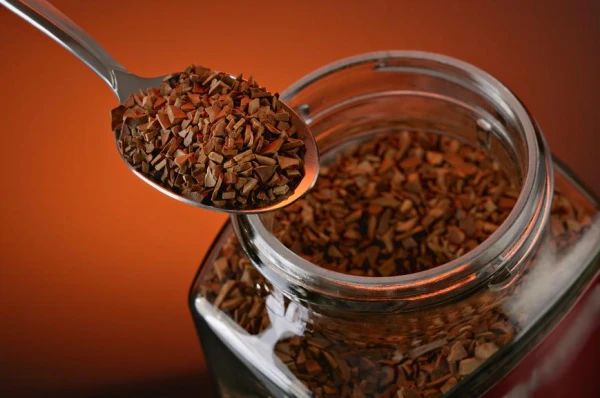
Labels and distributors are explaining to musicians how to bring their creativity in line with the law.
In 2026, a stricter law prohibiting the promotion of drugs will come into effect in Russia. It will hit the Russian music industry hardest, especially rap. Labels and distributors have been sending artists "memos" with explanations of the new prohibitions since late summer. The BBC has reviewed several such documents. They indicate that even "irony" and "metaphors" will be illegal, and the promotion of banned substances can be seen in lines like "address - park, bench by the river."
In early September, the manager of a popular Russian artist (who requested anonymity) received a letter from the Russian office of Believe — one of the largest global music distributors. The letter concerned changes in Russian legislation, specifically the law tightening the fight against drug promotion, which is set to take effect in March 2026.
"For your convenience, our legal department has prepared a detailed report on these changes, which you will find attached," the letter from Believe stated. The company's representative who sent it requested that the "memo" be reviewed because "ignoring the new provisions may lead to liability for all participants in the content distribution chain."
The newspaper Kommersant reported back in August that labels and music services began sending warnings to artists regarding the new law — it was expected to come into effect on September 1, 2025, but the Ministry of Culture postponed its implementation by six months.
The amendments that labels are warning musicians about were developed by the government back in 2023. In 2024, they were adopted by the State Duma. The law effectively introduces a complete ban on the so-called "promotion" of banned substances in the media and online. The amendments contain a vague formulation: that works in which the mention of drugs "constitutes a justified genre-integral part of the artistic intent" will not be considered propaganda.
How to determine the justification for such use is not specified in the law. But even if scenes mentioning drugs are deemed necessary, all works released after August 1, 1990, will need to carry special labeling.
Violators of the law face fines (up to 1.5 million rubles, or 15,000 euros, for legal entities) and suspension of activities, and for repeated violations — criminal prosecution under Article 230.3 of the Criminal Code with a maximum penalty of up to two years in prison.
The Russian "Institute of Musical Initiatives" called the law a "blow" to the industry and emphasized that rap will be particularly affected by the new prohibitions — artists in this genre often touch on the topic of drugs.
Labels and distributors are explaining to musicians how to bring their creativity in line with the law. These documents indicate that the Russian authorities will literally understand any mention of drugs as propaganda. "Remember that even 'irony' or 'metaphor' can be considered a violation of the law," the instruction sent by Believe to its artists states. Thus, the phrase "Packing in bags, take it — it's business," according to Believe's lawyers, shows the process of "packing, transporting, and selling" — that is, it falls under the ban. The line "address - park, bench by the river" resembles a description of a "stash location."
"My doctor prescribed me white — Now I'm a genius, Picasso" means "the assertion that drugs ('white') enhance creativity," Believe's lawyers write. "Probably... to avoid attracting unnecessary attention to artists who actually have lines that can be interpreted as propaganda. These guidelines leak quickly and may reach those who will take the artist under scrutiny," musicians believe.
Among the examples are, for instance, the following:
"My dealer lives on the block, his name is Kevin."
The mention of the location ("on the block") and the dealer's name may be interpreted as information about where to buy drugs.
"Hid in the bumper, transporting across the border — where the cops can't reach, even if a squad breaks in."
Indication of the method of transporting drugs (in a car) and bypassing control.
"In a glass jar under the bed — my secret, the weed doesn't lose its taste even through summer."
Description of the method of storing the narcotic substance.
"Find a point on the map, write 'M25', under the brick lies a package — take it and keep the pain."
Direct description of the method of buying drugs.
The music label of MTS published its clarifications with an interpretation of the new law in the public domain. In its post, the company urged artists to "write rap without mistakes" and "remove banned substances from tracks." An example of such a possible mistake, representatives of the "MTS Label" consider, for example, (also fictional) the line "and then we went to buy salt... well, you understand which, not for cooking."
In the label's clarifications, there is also an example of the "only permitted option" — this phrase "drugs are evil, never use them." Although even such a quote will need to be accompanied by mandatory labeling.













